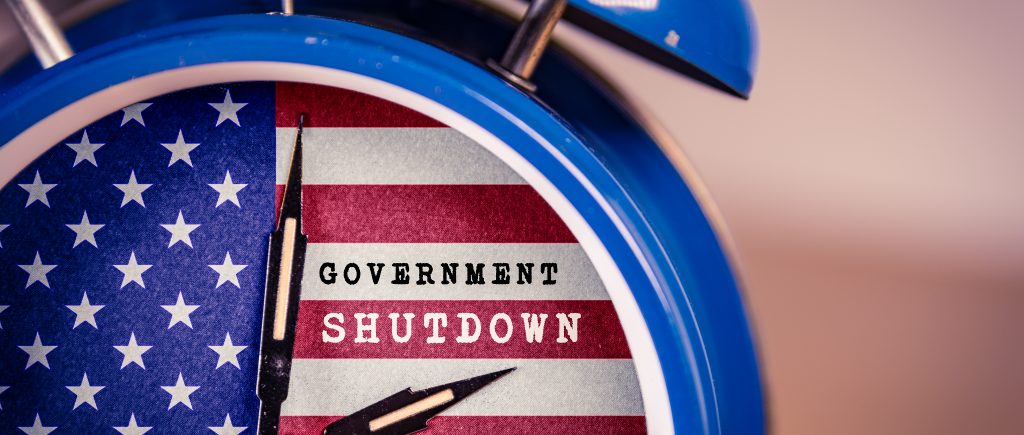The United States is entering a period where its budget deficit is no longer just an abstract number—it is a force already biting into the economy and shaping the nation’s ability to grow, compete, and lead. In the aftermath of the “One Big Beautiful Bill Act of 2025,” debt levels are set on a steep upward path, with the ratio of debt to GDP projected to rise steadily for decades to come. Without a shift in policy, this trajectory will erode living standards, weaken economic resilience, and limit Washington’s capacity to respond to recessions, global conflicts, or social needs.
The recent government shutdown made this problem painfully clear. Political gridlock highlighted the risks of treating fiscal policy as a bargaining chip, while the underlying deficit continues to weigh on economic performance. Each cycle of brinkmanship adds uncertainty, undermines confidence, and distracts from the real issue: America’s structural imbalance between spending and revenue.
How Deficits Bite the Economy
Persistent deficits drain resources that could otherwise fuel long-term investment. Rising interest costs crowd out funding for infrastructure, education, and innovation. Over time, the mounting debt burden places upward pressure on borrowing costs for businesses and households alike. It also limits fiscal flexibility, making it harder to launch emergency stimulus in a downturn or to invest in strategic priorities that strengthen America’s global standing.
Learning from Global Experience
Other advanced economies have faced similar fiscal challenges, and their experiences offer lessons. Evidence shows that consolidations undertaken during periods of economic growth cause less harm than those rushed in times of crisis. Gradual, phased reforms are more effective and sustainable than sudden, front-loaded austerity measures.
Another lesson is the balance between spending cuts and tax reforms. While expenditure cuts may seem less damaging in the short run, they can backfire if they slash productive investment or essential programs. By contrast, broadening the tax base—through measures such as energy, environmental, or consumption taxes—can generate revenue with fewer distortions. The U.S., with its historically low tax levels compared to peers, has room to act on this front.
The Role of the Federal Reserve
Supportive monetary policy can cushion the short-term pain of fiscal tightening. The Federal Reserve, unlike the European Central Bank, has a dual mandate that includes promoting full employment. This gives the U.S. more flexibility to manage the transition if deficit-reducing policies temporarily slow growth.
Politics vs. Policy
Deficit reduction is not only an economic challenge but also a political one. Tax-based strategies generally produce more progressive outcomes than sweeping spending cuts, but they are often harder to pass. Launching reforms early in a political cycle, or during strong periods of growth, can improve the chances of success. The shutdown demonstrated what happens when partisanship takes precedence over planning: temporary fixes replace lasting solutions, leaving the deficit problem to fester.
A Sustainable Way Forward
America’s fiscal path will not correct itself. The deficit is already biting into growth prospects, eroding confidence, and raising long-term risks. To reverse course, policymakers need a pragmatic strategy: gradual, balanced reforms that lean more on revenue generation than on deep social spending cuts. By closing tax loopholes, modernizing the tax base, and preserving essential investments, the U.S. can restore stability without stifling opportunity.
Ultimately, fiscal responsibility is not about accounting—it is about national strength. A nation weighed down by unchecked deficits cannot invest confidently in its future, protect its people, or maintain its role on the world stage. Acting before the next shutdown or crisis is not just smart policy—it is a necessity.

 Noor Trends News, Technical Analysis, Educational Tools and Recommendations
Noor Trends News, Technical Analysis, Educational Tools and Recommendations




